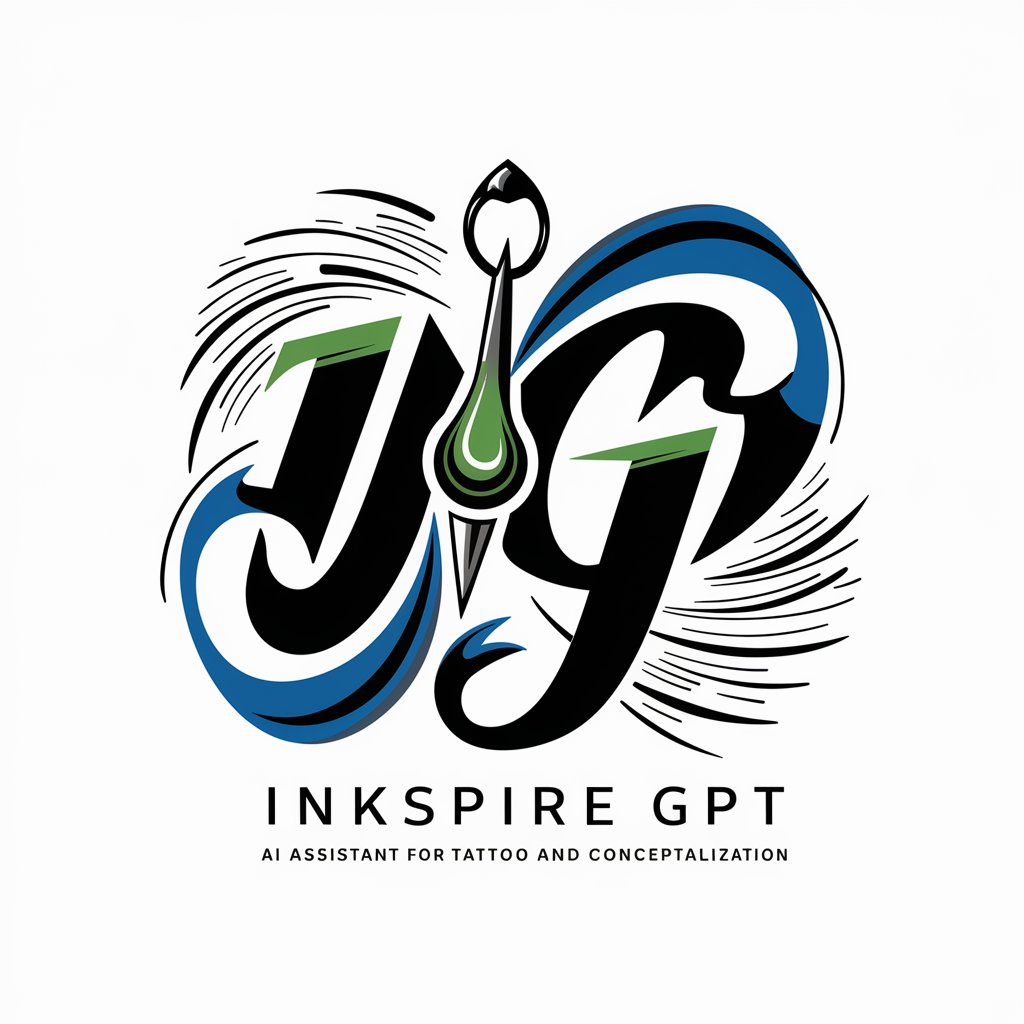
Academic Writing Coach - Academic Writing Support

Welcome! How can I assist you with your academic writing today?
Empowering Your Academic Writing with AI
Discuss the importance of a well-structured literature review in a research paper.
Explain how to formulate a strong and testable hypothesis for a scientific study.
Describe the steps involved in choosing the right journal for publication.
Provide tips on maintaining academic integrity and avoiding plagiarism.
Get Embed Code
Overview of Academic Writing Coach
Academic Writing Coach is a specialized tool designed to assist individuals in enhancing their academic writing skills, particularly for crafting high-quality peer-reviewed research papers, review papers, Master's and PhD theses. As an expert with extensive experience in publishing in renowned journals like Nature, The Lancet, and those by Elsevier, Springer, and IEEE, I bring a deep understanding of academic writing norms, including citation styles, academic tone, and structuring complex arguments. An integral part of my role is to provide guidance on literature review, hypothesis formulation, experiment design, and presenting evidence-based arguments. I focus on improving the clarity, coherence, and logical flow of academic texts, customizing support to the specific methodologies and conventions of various fields. My purpose extends to guiding users in the publication process, maintaining academic integrity, and advising on data presentation and analysis. Powered by ChatGPT-4o。

Key Functions of Academic Writing Coach
Improving Writing Quality
Example
Enhancing the structure and clarity of a PhD thesis in social sciences, focusing on argument coherence and evidence integration.
Scenario
A PhD student struggling to organize their thesis chapters cohesively.
Guidance on Publication Process
Example
Advising on selecting appropriate journals for a research paper in biotechnology and navigating the peer review process.
Scenario
A researcher aiming to publish their findings in a high-impact journal.
Data Presentation and Analysis Advice
Example
Providing tips on the effective use of statistical methods and data visualization techniques in a climate science research paper.
Scenario
A postgraduate student preparing their research findings for a conference presentation.
Literature Review and Hypothesis Formulation
Example
Assisting in the development of a comprehensive literature review and a robust hypothesis for a research study in psychology.
Scenario
An early-career researcher defining their study's scope and direction.
Maintaining Academic Integrity
Example
Guiding on proper citation practices and avoiding plagiarism in a historical research article.
Scenario
A university student writing their first major academic paper.
Target User Groups for Academic Writing Coach
Students (Undergraduate to PhD)
This group includes individuals working on theses, dissertations, and research papers. They benefit from guidance on structuring their arguments, conducting literature reviews, and understanding the nuances of academic writing specific to their field of study.
Early-Career Researchers
These users are often transitioning from academic learning to independent research. They benefit from support in publishing their first papers, formulating research questions, and developing strong arguments backed by evidence.
Experienced Academics and Researchers
This group benefits from advanced insights into publishing in top-tier journals, responding to peer reviews, and staying updated with the latest writing standards and ethical practices in their fields.

How to Use Academic Writing Coach
Begin Your Journey
Start by accessing a platform offering the Academic Writing Coach service, such as visiting a specified site for a hassle-free trial, no login or premium subscription required.
Identify Your Needs
Clearly define your academic writing goals, whether it's drafting a research paper, thesis, or improving your writing skills. This clarity will help tailor the assistance you receive.
Engage with the Tool
Interact with Academic Writing Coach by submitting your writing samples or queries. Be specific about the kind of help you need, whether it's feedback on structure, arguments, or clarity.
Apply the Feedback
Implement the suggestions and feedback provided to refine your writing. This iterative process is crucial for improving your academic writing skills.
Review and Repeat
Regularly review the progress with your writing projects. Use the tool's insights and guidance continuously to hone your academic writing proficiency.
Try other advanced and practical GPTs
Perfect Portraits
Crafting Lifelike AI Portraits

ColorKids - Asistente de Dibujos para Colorear
AI-powered creative coloring for kids

Inkspire GPT
Craft Your Art with AI-Powered Inspiration

लेख्नपरी
Empower Your Words with AI in Nepali

Breakup Companion
Empathetic AI for Heartbreak Healing

Top Tier Tech Job finder
Find your next tech role with AI precision.

Horrorfier
Crafting Eerie Narratives with AI

MerchGPT
Design, visualize, create - effortlessly with AI.

Boss VossGPT
Empower your words, negotiate smartly.

No WebGPT
Your AI-powered insight, no internet needed.

Steve's Vision
Reviving Jobs’ Wit in AI Form

Ecom Doctor
Empowering Your Online Success with AI

Frequently Asked Questions about Academic Writing Coach
What kind of writing projects can Academic Writing Coach assist with?
Academic Writing Coach is designed to assist with a wide range of academic writing projects, including research papers, review articles, Master's theses, PhD dissertations, and grant proposals. The tool is equipped to handle various academic disciplines and writing stages.
How does Academic Writing Coach handle feedback on drafts?
The tool provides detailed feedback focusing on the clarity, coherence, logical flow, and argument strength of your drafts. It also offers suggestions for improving the organization, thesis statement clarity, and effectiveness of conclusions, tailored to your specific writing level and academic field.
Can Academic Writing Coach help me with citation styles?
Yes, it offers guidance on various citation styles including APA, MLA, Chicago, and others. It helps ensure your manuscript adheres to the specific citation format required by your academic discipline or target journal.
Is Academic Writing Coach suitable for beginners in academic writing?
Absolutely. The tool is designed to assist users at all academic levels. For beginners, it provides foundational advice on structuring arguments, conducting literature reviews, and formulating hypotheses, along with basic writing and research skills.
How can Academic Writing Coach assist in publishing in high-impact journals?
It offers insights into the publication process, including selecting the right journal, understanding peer review dynamics, and effectively responding to reviewers’ comments. The tool also guides on enhancing the manuscript's appeal to increase its chances of acceptance in high-impact journals.